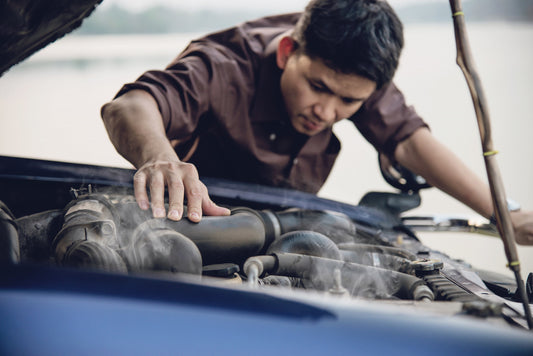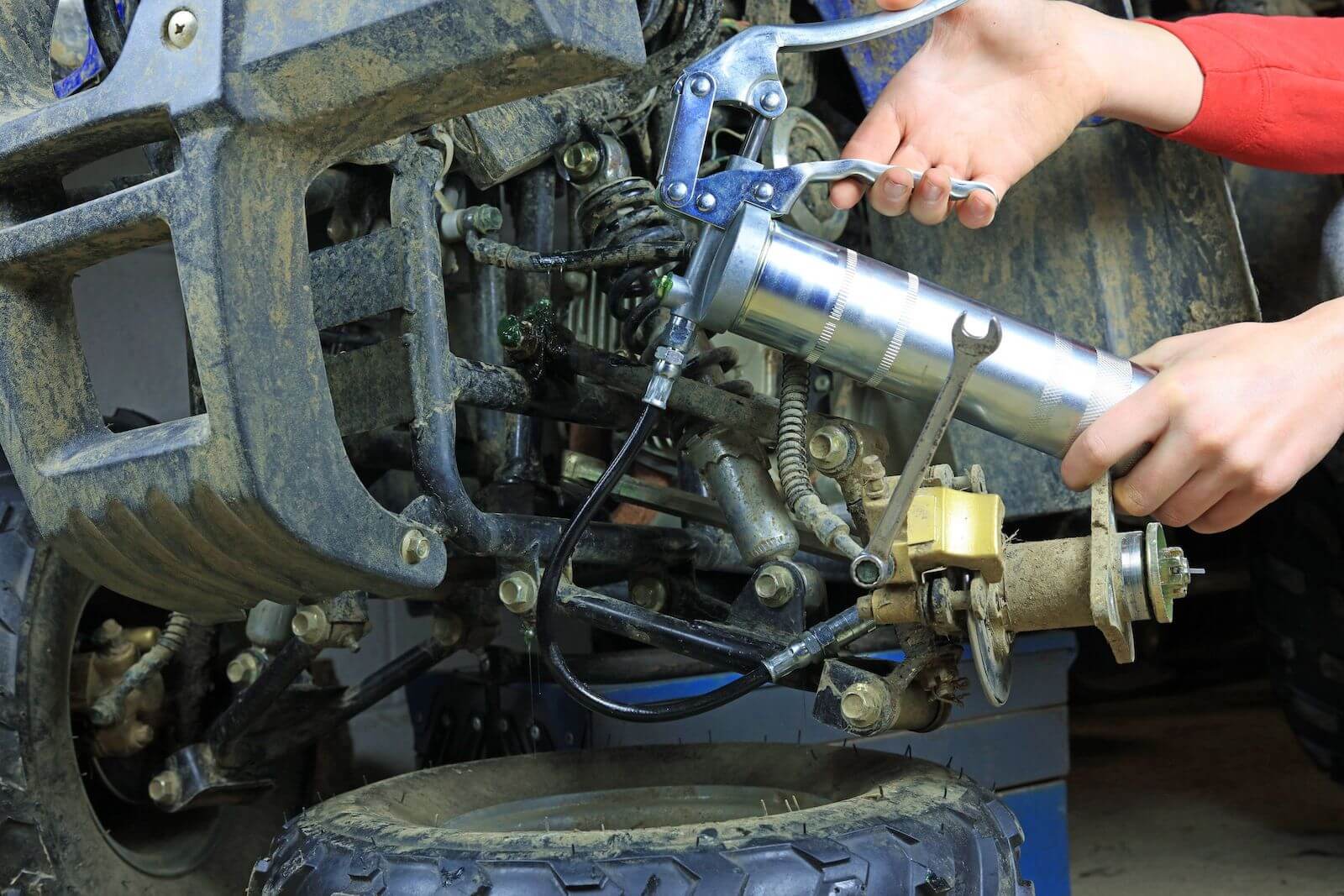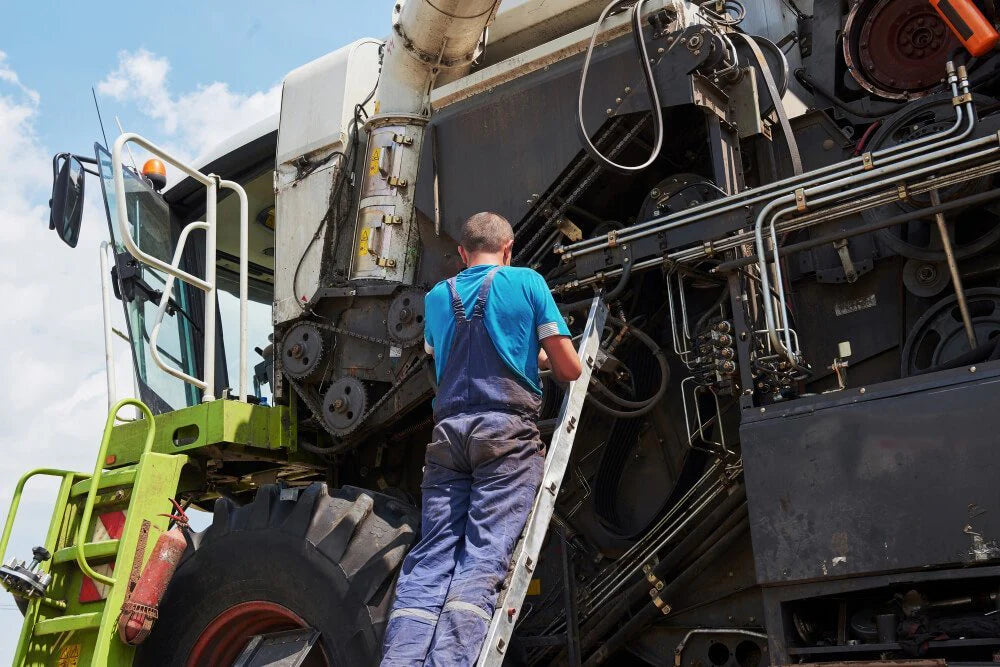If you own a classic car or are considering purchasing one, it is important to maintain it properly. And while appearance has a great deal to do with upkeep, you need to show care and attention to the car’s interior, which includes high-performance fuel and oil additives. Modern additives for classic cars provide the solutions for adding power and longer engine life while protecting original engine parts.
Using the right fuel additives for your vintage car is critical to keeping the vehicle in solid functioning order. But, before you head out and buy an additive at the local auto store, you must ensure the additives are not harmful to classic engines. It is important to remember that classic car engines were made 50+ years ago, and oil and fuel technology were different, so it is crucial to use modern additives that aren’t harmful.
However, many classic additives that contain lead or ZDDP no longer meet environmental standards, so what options exist for classic cars? A great lead and ZDDP replacement is Micro-Ceramic technology. An excellent micro-ceramic product, AirTec Micro-Ceramic, is made by Wagner High-Quality Lubricants in Germany and is known as the classic car lubricant company in Europe!
The make and model of your vintage car might dictate the type of classic car fuel additive you need, so note that there is no one-size-fits-all approach. Take a look at the following information to get a better understanding of fuel additives for classic cars.
Turbo Charged, Supercharged, Natural Aspiration?
Big powerful engines are the heart and soul of a classic car, and to correctly protect it, you must use fuel and/or fuel additives to keep it clean and running in peak condition.
Is your classic car turbocharged? Super Charged? Natural Aspiration? Carbureted? Electronic fuel injection? Not all additives are designed to handle some of these aftermarket high-performance parts, so we recommend using one rated for all.
Use AirTec Octane FS1 to keep your fuel system clean, stable, and ignition ready for long periods of time with this German-made product.
Keeping the Engine Safe
Most fuels today are made with ethanol or blended with ethanol to help reduce a vehicle’s emissions. However, classic cars were not designed to run on ethanol, so you must take extra precautions. Ethanol can weaken natural rubber, cause rusting on non-treated surfaces, and act as a “water sink” as it attracts water and condensation.
So, when possible, use non-ethanol fuel (it will save ethanol free on the pump), and when you do have to use ethanol-blended fuel, use an ethanol stabilizer like AirTec Octane FS1.
Protection against Corrosion
However, ethanol corrosion is the main reason for additive use. Therefore, modern additives for classic cars include solutions that inhibit activity. Classic car fuel additives of this type protect the tubes, tanks, and engine gaskets against rust.
Fuel Phase Separation
What classic car fuel additives you use depends on a car’s age and design. For example, an older car with a carburetor can suffer ethanol damage. Therefore, drivers should seek classic car fuel additives with carburetor safeguards. These kinds of products stop fuel phase separation and damage.
A Hygroscopic Product
Ethanol causes problems because it is hygroscopic. Fuel tank condensation is the result. When fuel systems contain water, fuel phase separation or water contamination occurs. If a separated or contaminated fuel travels into the engine, it can stop running.
Protecting an Engine from Ethanol
Aside from being corrosive, ethanol also disintegrates plastic, rubber, or fiberglass. Happily, there are ways to handle an ethanol problem. Besides using the proper gas additives for old cars, you should use nylon tubing or fuel lines instead of rubber or plastic. Also, replace a fiberglass fuel tank with a stainless steel tank. Changing out the O-rings can help too.

For a safe additive for classic cars, use a non-alcohol-based fuel treatment. This type of solution will prevent additional water accumulation in the gas. Never use an ethanol-based fuel treatment when you are using a non-ethanol-based gas.
Featured Fuel Additives for Classic Cars
Fuel additives for vintage cars come in various formulas, some of which might be more appropriate for your vehicle than others. Knowing the options and differences in choosing the best fuel additive for your classic car is important.
- Fuel stabilizers maintain gas efficiency during the times a car is not used. The stabilizers prevent the hard starts that result from engine corrosion. Trouble while starting an engine typically occurs when the gas separates. Recommended product: AirTec Octane FS1
- Octane boosters increase the octane rating of the fuel. They protect an auto’s cast-iron valve seats with a lubricant base. Recommended product: AirTec Octane FS1
- Fuel injector cleaners protect fuel injectors against ethanol build-up. Without the use of cleaners, injectors clog up. Recommended product: AirTec Octane FS1
- Anti-gel diesel additives keep diesel fuel filters open during cold temperatures. Recommended product: AirTec Frostline -40
Air-Tec HIGH-CLASS Octane FS1 Gasoline Additive
HIGH-CLASS Octane FS1 offers the corrosion protection of a conventional additive plus it stabilizes the fuel and maintains its ignition readiness.
shop nowTo select a modern additive for your classic car, you need to read the directions for the product. You also should talk to a mechanic about your specific needs. The best fuel additives for classic cars can save time and money if used properly.
However, do not use a classic car fuel additive without confirming its use. Different cars require different products. Therefore, check to ensure that the classic car fuel additives you use can enhance your car’s performance. Again, talk to a mechanic if you are unsure about your choices.
Image credit: Bruce Henschel (Flickr – Creative Commons)








